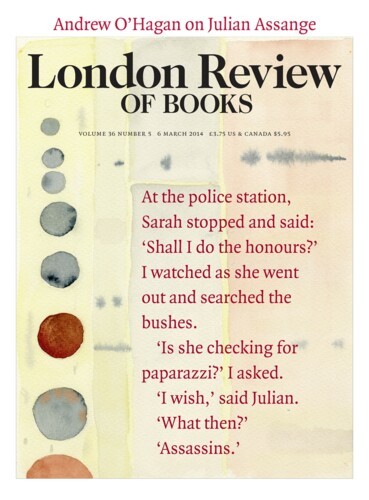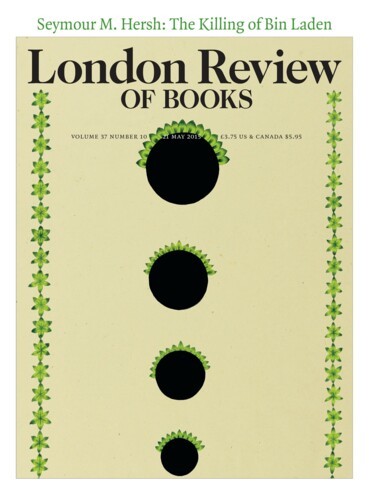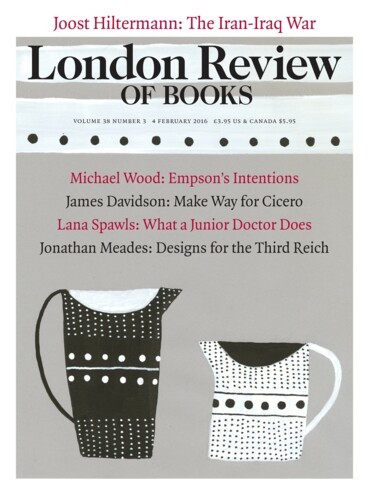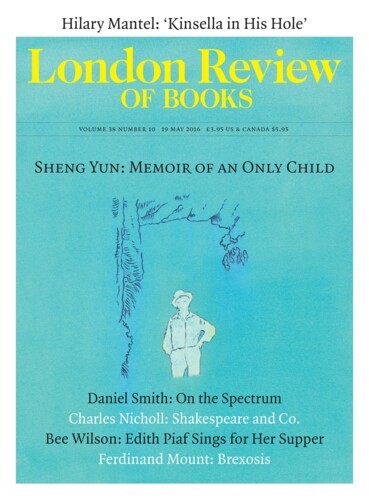Half-Finished People: Germany Imagines Hellas
Thomas Meaney, 11 October 2012
One of the first things the Germans did after marching into Greece in 1941 was to resume the excavations that had been interrupted by the onset of war. Each sector of the military pitched in: the Luftwaffe photographed classical sites; the Wehrmacht cordoned off ruins; the Kriegsmarine salvaged pieces of an ancient frieze sunk near Piraeus. There were excited communiqués to Berlin: the...





